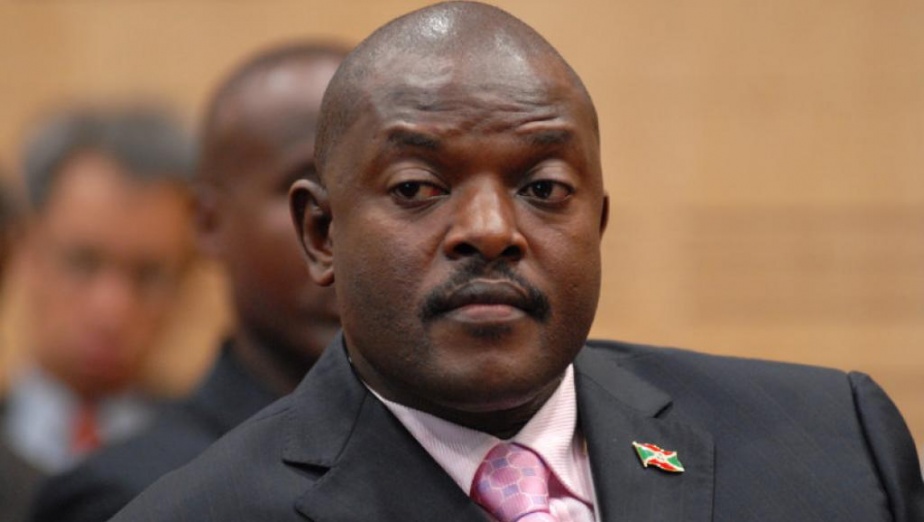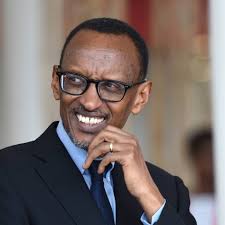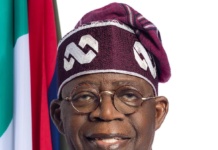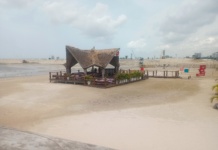By Peter Olorunnisomo – The African political landscape appears to have perpetuated quite many a philosophy underpinning democracy. The various affectations sewed into the fabric of democratic processes pointing to just one goal almost always mocks the gains of democracy and development in the continent.

2017 and, so far, 2018 has been robust with political moves, hitherto undemocratic by the very underlining philosophy that allows participation by everyone and protects the abuse of power from democratic dictatorships, brought to the representative parliaments or Houses of Assembly to be ‘sold’ for endorsement.
An emergent trend is the disparity of opinion and choices between parliamentarians or representatives of the people and the people they represent. Notable cases are Cameroon, Uganda, and Cote D’voire where the people’s opinions are not voiced in the Houses leading to protests, riots, and carnage and deaths.

The small nation of Burundi is now embroiled in such context and the size of its population does make for easy manipulation and/or coercion in electioneering or voting process.
Burundians will vote on Thursday in a referendum that would let incumbent President, Pierre Nkurunziza, remain in authority until 2034. This undoubtedly raises fears of deeper political repression and ethnic conflict in the Great Lakes nation only a generation after the Rwandan genocide which carnage and disaster now seem erased from memory.
Reports have it that about half a million have fled since Nkurunziza won a third term in a violent election in 2015. The East African country has the same ethnic makeup as its neighbour Rwanda, where the constitution has also been changed to give the president the opportunity to remain in office.
A more simple way to state the political value of this is to agree that the incumbents have been ‘mandated’ presidents for life – perhaps the lives of some citizens.
Recently, former President Ellen Johnson-Sirleaf, scolded Presidents of nations who having attained matured ages where the responsibilities of state have become more of a burden aspire to tenure elongation.
African business mogul and billionaire, Mo Ibrahim, whose passion and hope for diligent governance in Africa inspired the award for excellent and virtuous leadership only contestable by African heads of government, also decried the syndrome of ‘old men’ still being heads as if there were no youths in the continent with a head for patriotic and just governance. He noted that Presidents Kennedy and Obama were in their forties when they were voted into office and Obama had to leave office constitutionally without attempting to extend his tenure by any means.
Meanwhile, opposition politicians and rights groups have cited numerous examples of repression, from arrests of dissidents, to the breaking up of “no” rallies, to death threats issued by the Imbonerakure, the youth wing of Nkurunziza’s ruling CNDD-FDD.
In a sign of the poisonous political atmosphere, the party’s secretary general told a rally in the capital, Bujumbura, this week that those who voted against the proposed changes to the constitution were “enemies of the nation”.
BBC broadcasts were suspended this month for airing views deemed “inappropriate” and ethnically divisive. Voice of America was also suspended but it said its local language programmes were still available on short wave radio, providing one alternative to the CNDD-FDD-dominated state media.
President Nkurunziza, a former sports teacher and guerrilla leader from the Hutu ethnic majority, has ruled the landlocked nation, one of the world’s poorest, since the end in 2005 of a civil war in which 300,000 people were killed.
The government has denied allegations of repression and says the vote will be free and fair. A ruling party member who urged government supporters to throw opponents into a lake was jailed last month.
Nonetheless, it is highly likely voters will approve constitutional amendments that would let Nkurunziza, who was recently granted the title “visionary” by his party, run for two more seven-year terms from 2020.
His opponents said he was already ineligible to run in 2015.
Much of the opposition’s concern centres on the Imbonerakure, whose name means “those who see from far” in Kirundi, the predominant language. The group was implicated in ethnic violence in 2015.
“The Imbonerakure spent nights touring villages, telling our members not to attend our meeting or else be arrested, prosecuted or killed,” said Pierre Célestin Ndikumana, a member of parliament from the Amizero y’Abarundi opposition coalition.
Interior Minister official Therence Ntahiraja said such reports were “a blatant lie”.
Lewis Mudge of New York-based Human Rights Watch said widespread fear meant the vote was likely to proceed calmly.
“No one will dare to come out against it in a concerted effort,” he said.
Many Burundian refugees are now living in Rwanda, where 800,000 ethnic Tutsis and moderate Hutus were killed in a 1994 genocide orchestrated by Hutu supremacists.
Rwandan President Paul Kagame has already changed the constitution to allow him theoretically to remain in power until 2034. Uganda’s long-time ruler, Yoweri Museveni, is also pushing to remove presidential age-limits.
With additional report from Reuters
Kindly follow us on twitter:@AfricanVoice2









